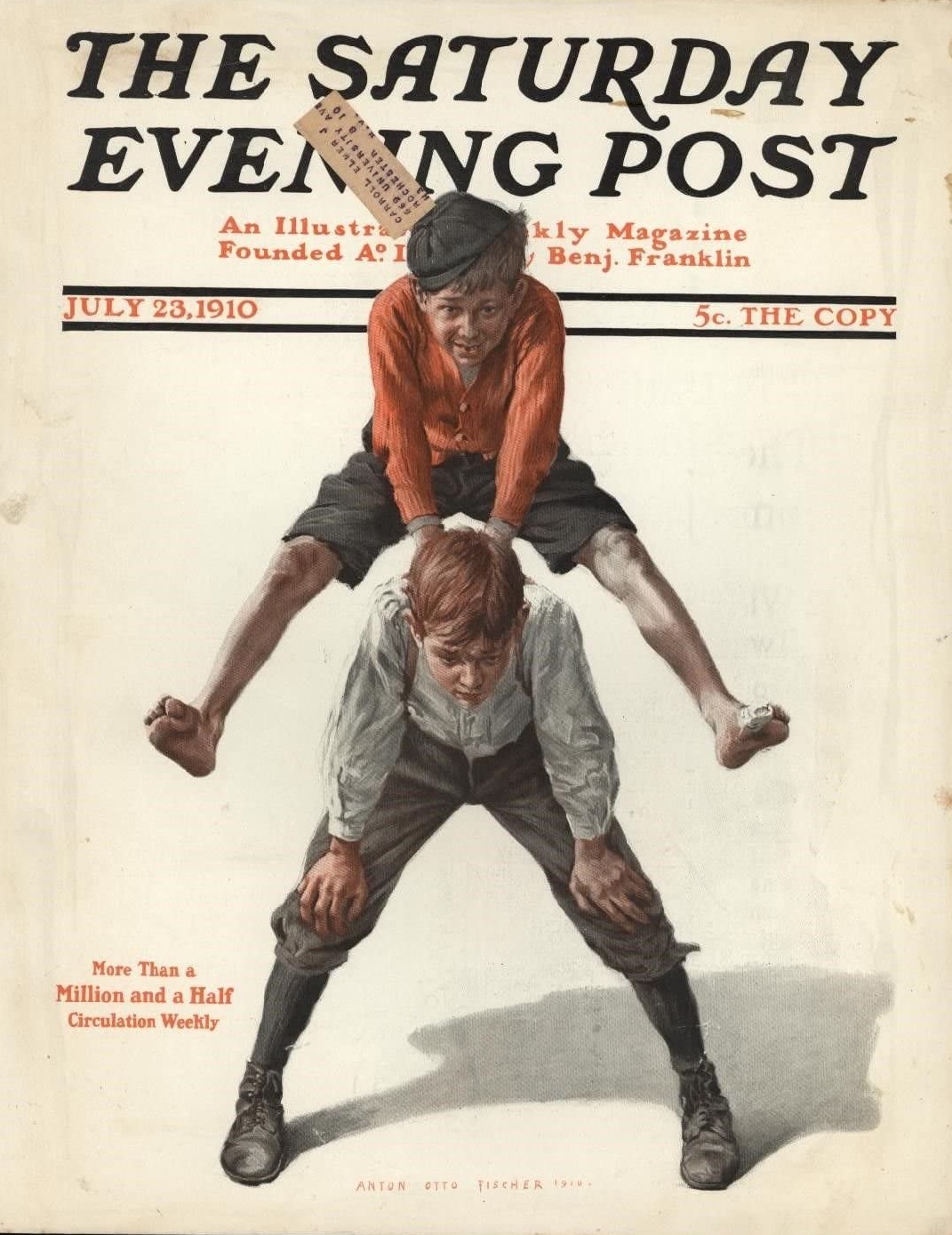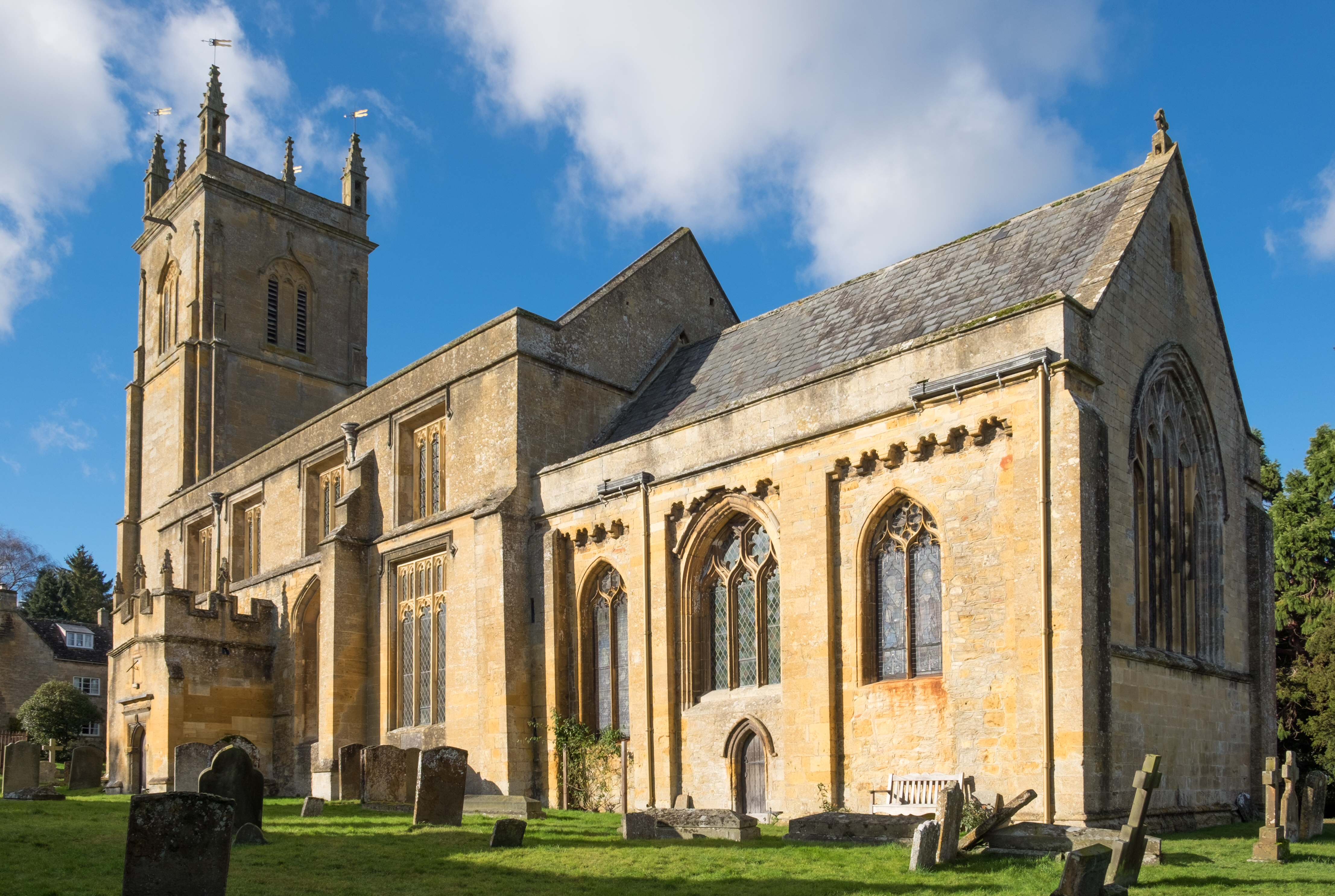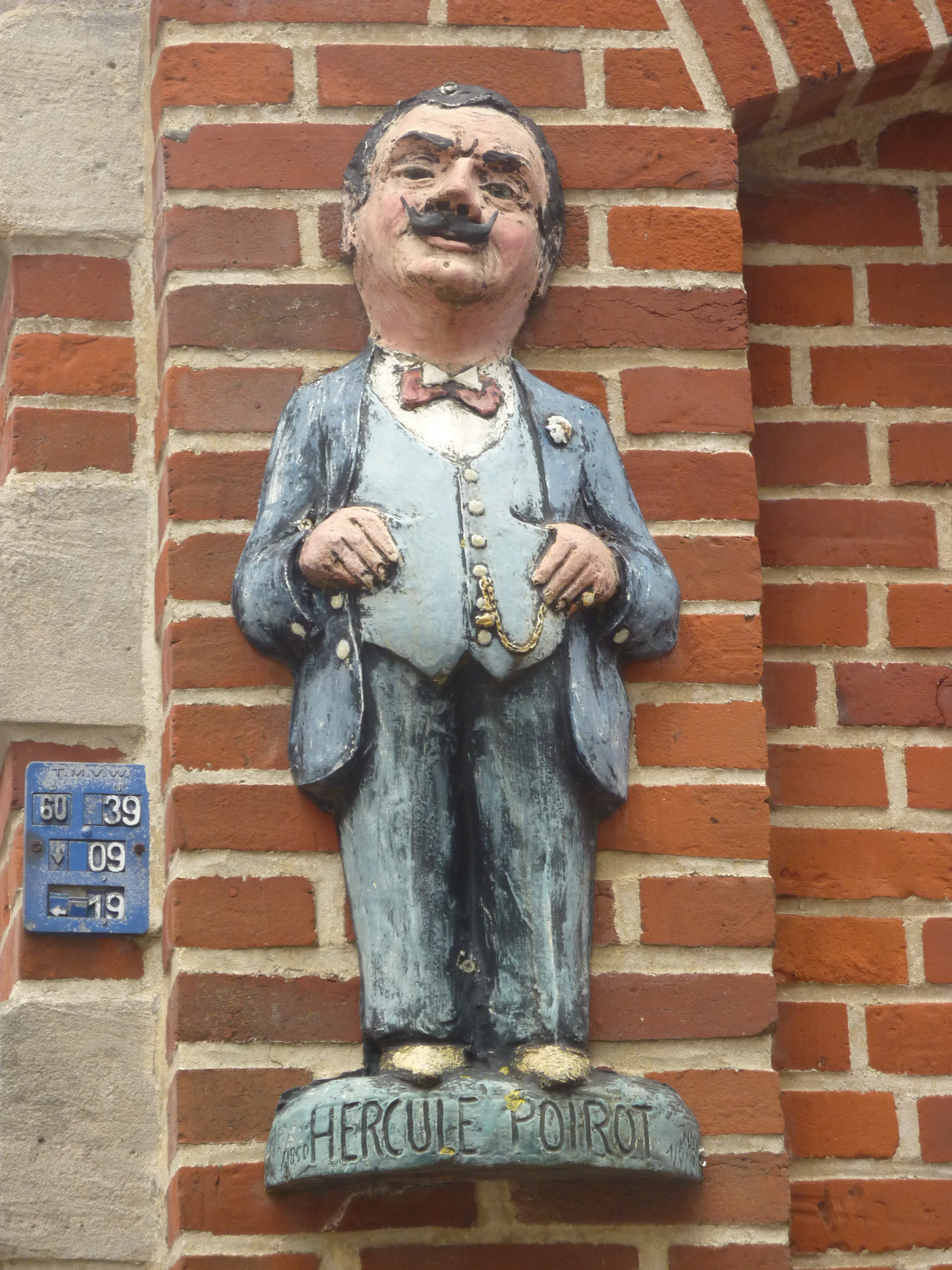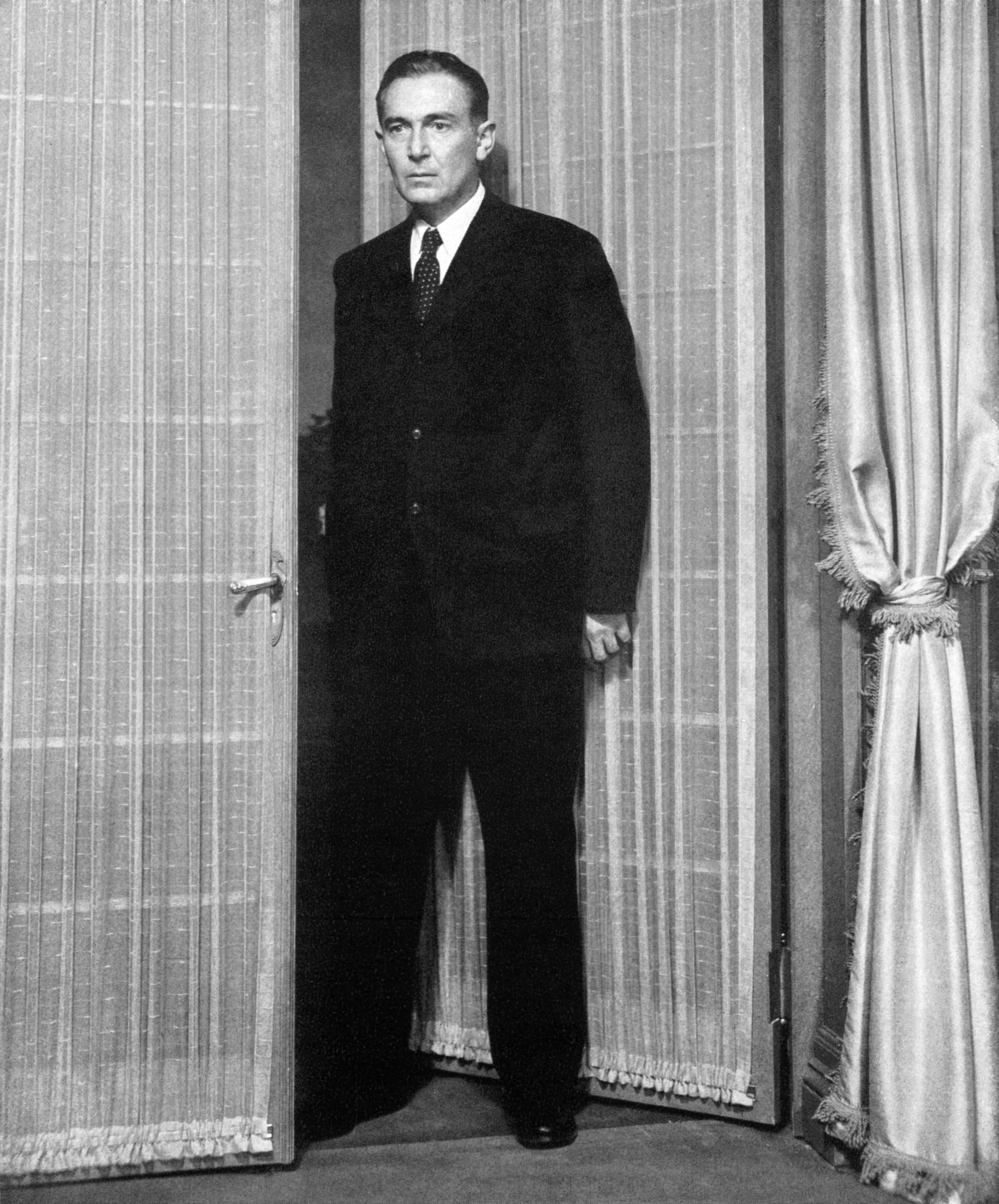|
Flambeau (character)
Hercule Flambeau is a fictional character created by English novelist G. K. Chesterton, who appears in 48 short stories about the character Father Brown. A master criminal, his surname "Flambeau" is an alias, the French word for a flaming torch. He first appeared in the story "The Blue Cross" as a jewel thief. Father Brown foiled his attempted crimes in this and several other stories. As a notorious and elusive criminal, Flambeau is a worry for law-enforcers. He is exposed by Father Brown, and later becomes a detective himself. His last appearance as a thief occurs in "The Flying Stars", in which Father Brown persuades him to return his loot and to give up the criminal life. As a reformed criminal, Flambeau assists Father Brown in a number of other short stories, beginning with "The Invisible Man". Although Brown and Flambeau spend much of the day together in "The Blue Cross", when they meet again in "The Queer Feet", Brown recognizes Flambeau but the thief has no recollection ... [...More Info...] [...Related Items...] OR: [Wikipedia] [Google] [Baidu] |
The Blue Cross (short Story)
"The Blue Cross" is a short story by G. K. Chesterton. It was the first Father Brown short story and also introduces the characters Flambeau and Valentin. It is unique among the Father Brown mysteries in that it does not follow the actions of the Father himself, but rather those of Valentin. It was first published on 23 July 1910, under the title "Valentin Follows a Curious Trail", in the ''Saturday Evening Post'', Philadelphia. Re-titled as "The Blue Cross", publication in London followed, in ''The Story-Teller'' magazine of September 1910. Plot Aristide Valentin, head of the Paris Police, is on the trail of the world's most famous criminal, Flambeau. Flambeau is a master of disguise and may appear to be anyone, but he cannot conceal his immense height: he is six feet four inches tall. Valentin suspects that the arch-criminal is going to London to attend an international conference of clergymen, possibly to steal one of the precious religious articles on display there. V ... [...More Info...] [...Related Items...] OR: [Wikipedia] [Google] [Baidu] |
Father Brown, Detective
''Father Brown, Detective '' is a 1934 American mystery film directed by Edward Sedgwick and starring Walter Connolly, Paul Lukas and Gertrude Michael. It is based on the 1910 Father Brown story "The Blue Cross" by G. K. Chesterton. Plot When infamous jewel thief Flambeau (Paul Lukas) announces his intention to steal stones from a diamond cross in Father Brown (Walter Connolly)'s church, the crime-solving cleric fights to retain the cross, and also to save the soul of the elusive Flambeau. Cast * Walter Connolly as Father Brown * Paul Lukas as Flambeau * Gertrude Michael as Evelyn Fischer * Robert Loraine as Inspector Valentine * Halliwell Hobbes as Sir Leopold Fischer * Una O'Connor as Mrs. Boggs * E.E. Clive as Sergeant * Donald Gray as Don * Bunny Beatty as Jenny * Peter Hobbes as Peter * King Baggot as Priest * Douglas Gerrard as Constable * Robert Adair as Policeman * Gwenllian Gill Gwenllian Gill (1915–2004) was a British film actress.Goble p.66 After ori ... [...More Info...] [...Related Items...] OR: [Wikipedia] [Google] [Baidu] |
Fictional Gentleman Thieves
Fiction is any creative work, chiefly any narrative work, portraying individuals, events, or places that are imaginary, or in ways that are imaginary. Fictional portrayals are thus inconsistent with history, fact, or plausibility. In a traditional narrow sense, "fiction" refers to written narratives in prose often referring specifically to novels, novellas, and short stories. More broadly, however, fiction encompasses imaginary narratives expressed in any medium, including not just writings but also live theatrical performances, films, television programs, radio dramas, comics, role-playing games, and video games. Definition Typically, the fictionality of a work is publicly marketed and so the audience expects the work to deviate in some ways from the real world rather than presenting, for instance, only factually accurate portrayals or characters who are actual people. Because fiction is generally understood to not fully adhere to the real world, the themes and context of ... [...More Info...] [...Related Items...] OR: [Wikipedia] [Google] [Baidu] |
Fictional French People In Literature
Fiction is any creative work, chiefly any narrative work, portraying individuals, events, or places that are imaginary, or in ways that are imaginary. Fictional portrayals are thus inconsistent with history, fact, or plausibility. In a traditional narrow sense, "fiction" refers to written narratives in prose often referring specifically to novels, novellas, and short stories. More broadly, however, fiction encompasses imaginary narratives expressed in any medium, including not just writings but also live theatrical performances, films, television programs, radio dramas, comics, role-playing games, and video games. Definition Typically, the fictionality of a work is publicly marketed and so the audience expects the work to deviate in some ways from the real world rather than presenting, for instance, only factually accurate portrayals or characters who are actual people. Because fiction is generally understood to not fully adhere to the real world, the themes and context of ... [...More Info...] [...Related Items...] OR: [Wikipedia] [Google] [Baidu] |
Father Brown (2013 TV Series)
''Father Brown'' is a detective period comedy drama television series loosely based on the Father Brown short stories by G. K. Chesterton, starring Mark Williams as the crime-solving Roman Catholic priest. Broadcast began on BBC One on 14 January 2013. The ninth series premiered on BBC One on 3 January 2022. The show has been renewed for a 10th season which will premiere January 2023. Synopsis The series is set in England during the early 1950s. Father Brown is the priest at St Mary's Catholic Church in the fictional village of Kembleford, located in Gloucestershire in the Cotswolds. Britain is struggling with the aftermath of World War II, and rationing is still in effect. An empathetic man of keen intelligence, Father Brown solves murder cases when members of his parish are involved, when circumstances are strange enough to gain his interest, or when he is directly asked for help. During his investigations, Father Brown occasionally neglects his more mundane parish duties ... [...More Info...] [...Related Items...] OR: [Wikipedia] [Google] [Baidu] |
Father Brown Stories
A father is the male parent of a child. Besides the paternal bonds of a father to his children, the father may have a parental, legal, and social relationship with the child that carries with it certain rights and obligations. An adoptive father is a male who has become the child's parent through the legal process of adoption. A biological father is the male genetic contributor to the creation of the infant, through sexual intercourse or sperm donation. A biological father may have legal obligations to a child not raised by him, such as an obligation of monetary support. A putative father is a man whose biological relationship to a child is alleged but has not been established. A stepfather is a male who is the husband of a child's mother and they may form a family unit, but who generally does not have the legal rights and responsibilities of a parent in relation to the child. The adjective "paternal" refers to a father and comparatively to "maternal" for a mother. The verb "to ... [...More Info...] [...Related Items...] OR: [Wikipedia] [Google] [Baidu] |
Father Brown (1974 TV Series)
''Father Brown'' is a British television series, which originally aired on ITV in 1974. It featured Kenneth More as Father Brown, a Roman Catholic priest who solved crime mysteries. The episodes were closely based on the stories by G. K. Chesterton. Main cast * Kenneth More as Father Brown * Dennis Burgess as Hercule Flambeau Production Portions of the series were shot in St. Clements Caves in Hastings, Sussex Sussex (), from the Old English (), is a historic county in South East England that was formerly an independent medieval Anglo-Saxon kingdom. It is bounded to the west by Hampshire, north by Surrey, northeast by Kent, south by the English ..., England. Episodes References External links * {{G. K. Chesterton Adaptations of works by G. K. Chesterton 1970s British drama television series ITV television dramas 1974 British television series debuts ITV crime dramas ITV mystery shows Television shows produced by Associated Television (ATV) Engli ... [...More Info...] [...Related Items...] OR: [Wikipedia] [Google] [Baidu] |
The Black Sheep (1960 Film)
''The Black Sheep'' (german: Das schwarze Schaf) is a 1960 German krimi mystery film directed by Helmut Ashley and starring Heinz Rühmann, Karl Schönböck and Maria Sebaldt. It is loosely based on the ''Father Brown'' stories by G. K. Chesterton. Father Brown manages to demonstrate the innocence of a man accused of murder by finding the real culprit. Rühmann reprised the role in ''He Can't Stop Doing It'' in 1962. It was shot at the Bavaria Studios in Munich and on location in Ireland. The film's sets were designed by the art directors Hans Berthel and Robert Stratil. Cast * Heinz Rühmann as Father Brown * Karl Schönböck as Theaterdirektor Scarletti * Maria Sebaldt as Gloria Scarletti * Siegfried Lowitz as Flambeau * Lina Carstens as Mrs. Smith * Fritz Rasp as Lord Kingsley * Herbert Tiede as Inspector Graven * Friedrich Domin as Bischof * Hans Leibelt as Bankdirektor James Conelly * Rosel Schäfer as Mrs. Flambeau * Gernot Duda as Barnes Release and receptio ... [...More Info...] [...Related Items...] OR: [Wikipedia] [Google] [Baidu] |
Father Brown (film)
''Father Brown'' is a 1954 British mystery comedy film directed by Robert Hamer and starring Alec Guinness as the title character with Joan Greenwood, Peter Finch and Cecil Parker. Like the American film ''Father Brown, Detective'' (1934), it is based loosely on ''The Blue Cross'' (1910), the first Father Brown short story by G. K. Chesterton. It was shot at the Riverside Studios in London. The film's sets were designed by the art director John Hawkesworth. It was distributed by Columbia Pictures in both Britain and the United States where it was released as ''The Detective''. It was screened at the 1954 Venice Film Festival. Plot The police raid a premises at night and find a priest at an open safe: he explains he is replacing the money for a parishioner. He is arrested and put in the cells but released when the bishop confirms who he is. Outside he meets the erring parishioner Bert (Sid James) and convinces him to be a chauffeur to Lady Warren rather than drive get-away ca ... [...More Info...] [...Related Items...] OR: [Wikipedia] [Google] [Baidu] |
The Adventures Of Father Brown as Father Brown, introduced as "the best loved detective of them all." (Original plans called for "either Walter Huston or Spencer Tracy in the title role.") Bill Griffis portrayed Flambeau, and Gretchen Douglas was heard as Nora, the rectory housekeeper. The program was broadcast Sundays at 5 p.m. on Mutual from June 10, 1945, to July 29, 1945.Terrace, Vincent (1999). ''Ra ...
''The Adventures of Father Brown'' is a 1945 radio crime drama that aired on the Mutual Broadcasting System, adapted from G. K. Chesterton's stories of Father Brown. The 30-minute detective series starred Karl Swenson Karl Swenson (July 23, 1908 – October 8, 1978) was an American theatre, radio, film, and television actor. Early in his career, he was credited as Peter Wayne. [...More Info...] [...Related Items...] OR: [Wikipedia] [Google] [Baidu] |
Hercule Poirot
Hercule Poirot (, ) is a fictional Belgian detective created by British writer Agatha Christie. Poirot is one of Christie's most famous and long-running characters, appearing in 33 novels, two plays ('' Black Coffee'' and ''Alibi''), and more than 50 short stories published between 1920 and 1975. Poirot has been portrayed on radio, in film and on television by various actors, including Austin Trevor, John Moffatt, Albert Finney, Peter Ustinov, Ian Holm, Tony Randall, Alfred Molina, Orson Welles, David Suchet, Kenneth Branagh, and John Malkovich. Overview Influences Poirot's name was derived from two other fictional detectives of the time: Marie Belloc Lowndes' Hercule Popeau and Frank Howel Evans' Monsieur Poiret, a retired French police officer living in London. Evans' Jules Poiret "was small and rather heavyset, hardly more than five feet, but moved with his head held high. The most remarkable features of his head were the stiff military moustache. His apparel was ... [...More Info...] [...Related Items...] OR: [Wikipedia] [Google] [Baidu] |
Paul Lukas
Paul Lukas (born Pál Lukács; 26 May 1894 – 15 August 1971) was a Hungarian actor. He won the Academy Award for Best Actor, and the first Golden Globe Award for Best Actor – Motion Picture Drama for his performance in the film ''Watch on the Rhine'' (1943), reprising the role he created on the Broadway stage. Biography Lukas was born Pál Lukács in Budapest into a Jewish family, the son of Adolf Munkácsi and Mária Schneckendorf. He was later adopted by Mária (née Zilahy) and János Lukács, an advertising executive. Lukas made his stage debut in Budapest in 1916 and his film debut in 1917. At first, he played elegant, smooth womanizers, but increasingly he became typecast as a villain. He had a successful stage and film career in Hungary, Germany, and Austria, where he worked with Max Reinhardt. He arrived in Hollywood in 1927 and became a naturalized citizen of the United States in 1937. In 1935 he built a home near the new Racquet Club of Palm Springs, Califor ... [...More Info...] [...Related Items...] OR: [Wikipedia] [Google] [Baidu] |





